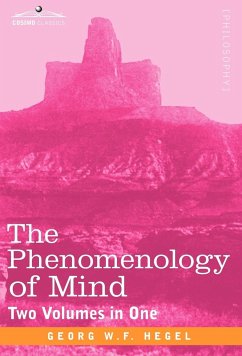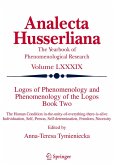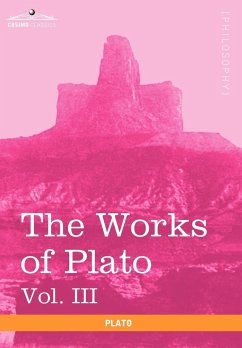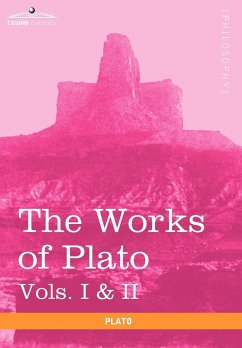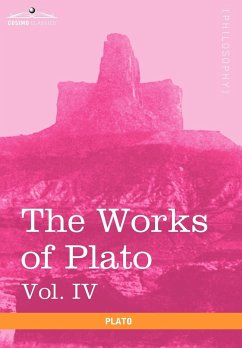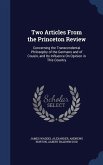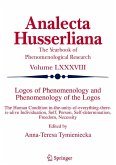A sweeping investigation of how knowledge is obtained by means of absolute truth, including how the spirit reveals itself as absolute reality, The Phenomenology of Mind is an intellectual tour-de-force and represents a great philosophical work for the ages. Originally published in German in 1807, Hegel proffers his unique viewpoint that knowledge is not separated from, nor outside of, absolute reality-but that knowledge is itself reality, and posits that reality is mental and spiritual. Presented here as two volumes in one, it includes: ¿ Intention and Method of the Argument of the Phenomenology ¿ Consciousness and Self-Consciousness ¿ [The Nature of] Free Concrete Mind: Reason ¿ [The Nature of] Free Concrete Mind: Spirit ¿ Absolute Knowledge ¿ And much more... German philosopher GEORG WILHELM FRIEDRICH HEGEL (1770-1831) was born in Stuttgart and studied at Tübingen, where his contemporaries included Schelling and the poet Hölderlin. As a philosophical disciple of Kant, Hegel was of the Idealist School of philosophers and remained an unparalleled influence on German philosophy throughout the 19th century. Additional works by Hegel include: The Objective Logic (1812-13), The Subjective Logic (1816), Encyclopedia of the Philosophical Sciences in Outline (1817), and Philosophy of Right (1821).

